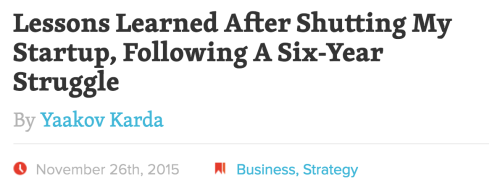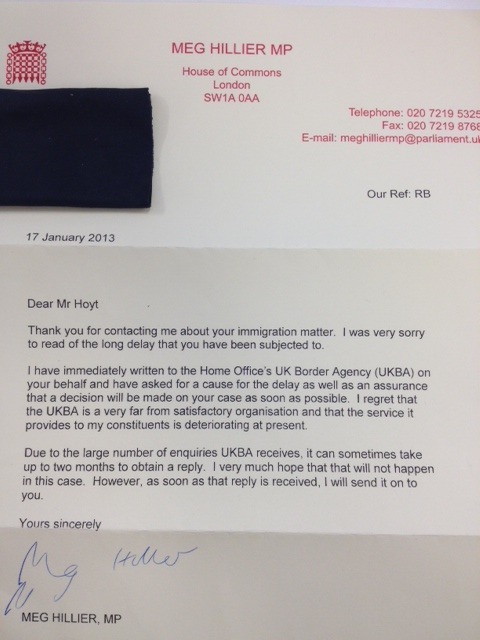The (usually) forgotten advice in startup advice
I’ve read two seemingly diametrically opposed startup retrospectives this week. Really, same goes for every week.
The first was a post-mortem of a startup failure that tried making customized and crowd-sourced designer jeans.

The second was a lesson on getting turned down by VCs from Justin Kan, founder of Twitch, which lets people watch others playing video games.

In the first instance, the moral of the story as told by the founder is to do your homework, i.e. market research and validation before starting the business full-on and wasting six years of your life.
In the second instance, Twitch, the moral of the story is to not listen to anyone who thinks your idea is crazy and persevere through it. Show the world!
Here’s what these two blog posts (and similar) usually forget to mention…
Both of those bits of advice are wrong and correct. Sometimes you can’t validate an idea ahead of time. Other times you can validate market potential, but the data may tell you to quit, when actually it could very well succeed. Or it could be the opposite, the market says yes this is a winner, and it turns out not to be.
So what the hell is one to do then?!
Really, there’s only one thing you can do - if your idea is uncertain and you decide to follow through with it, then become comfortable with that uncertainty. If you don’t have that risk appetite, then head the other direction and look for an idea with more certainty in the market (which will have different barriers of course).
Not every good idea is worth advancing, and not every crazy idea should be dropped. The forgotten piece of advice is that you need to ask yourself how much risk you’re willing to take on board. And that’s unique to everyone.
Even for the seasoned and experienced, that can be a difficult question to honestly answer. So, look for parallels in your life where you were possibly biting off more than you could chew, its outcome, and how you felt about it. Validating your appetite for risk is probably the most important element to starting something. There’s risk in any business venture.
